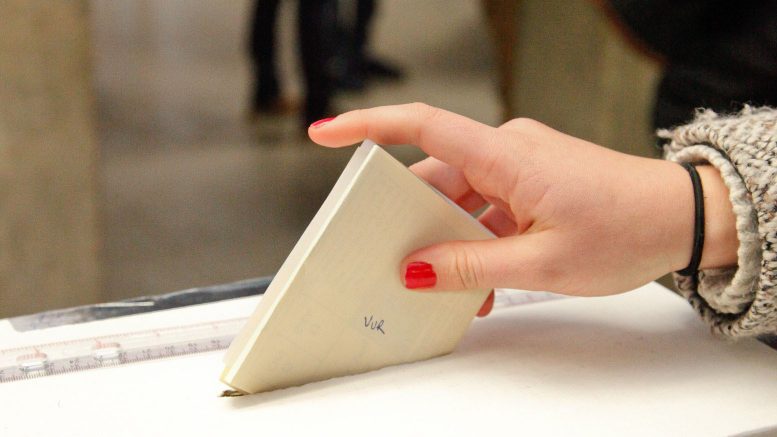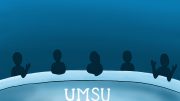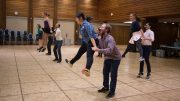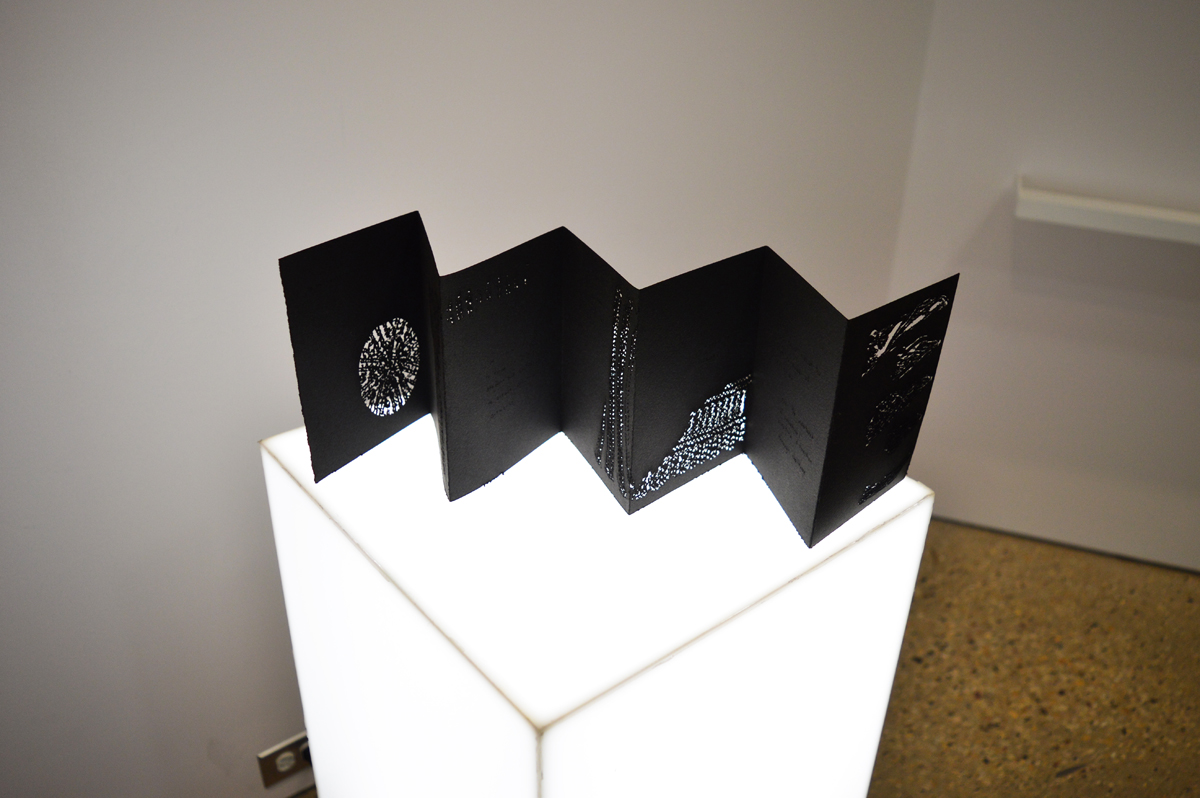There are two students running for the position of accessibility students’ representative for the 2019-20 year.
Eliza Hydesmith
Eliza Hydesmith is the current UMSU accessibility community representative and said she hopes to bring her experience back to the board for a second year.
“I’ve worked super, super hard to make connections and try and figure out what I can do, and what the community can do to help provide resources and just awareness for students with disabilities who live here on campus,” she said.
She has “tons of projects that are actually in the works right now,” and added she hoped they will continue whether or not she is elected.
“I have been working with — we’ve been working with — the Student Accessibility Services (SAS), they have a peer-mentoring program, and we’re wanting to expand that into the accessibility centre, so just expanding the program,” she said.
“And as well as renewing the accessibility centre, so making it fit more of the needs of the students and just making it a more welcoming place.”
She is also working on an art showcase that will be held in the accessibility centre.
Hydesmith, who was recently diagnosed with a learning disability, said she hopes to use her experiences both on the board and after her diagnosis to advocate for students who use accessibility services on campus.
“It was very surprising how many students with disabilities did not want to be identified, that they had a disability,” she said.
“And just how, to me, that’s so unfortunate. And I’ve found quite a bit of a lack of knowledge about what disabilities are and what it means.”
Brandon Wozniak
Brandon Wozniak, the current Arts Student Body Council (ASBC) director of sustainability, said he wants to improve the U of M’s current SAS for all students, but particularly those coming from rural communities.
“Growing up Métis and attending school in a rural community, I was never exposed to medical care pertaining to mental health — I grew up with ADHD and anxiety thinking that it was normal — it wasn’t until I realized I was working way harder than my friends for a significantly lower mark,” he said.
“I’d like to work with [the University of Manitoba Access program] to incorporate SAS [into] their intake program to help those coming from northern communities to realize there’s a problem before their GPA is jeopardized.”
The program provides resources to students with a “demonstrated personal, academic or financial need,” according to its website.
Wozniak is looking to other Canadian universities for policies to bring forward to the board of directors.
“I would also like to put our policies more in line with other universities, like the [University of British Columbia] by advocating for their on-campus priority housing for students with accessibility needs policy,” he said.
He said he also hopes to work on creating a relationship between U of M accessibility services and the Canadian Council on Rehabilitation and Work, set up a scholarship program for students with accessibility needs, re-examine the SAS exam booking policy and improve snow removal services — particularly during reading week — to improve accessibility throughout campus.





